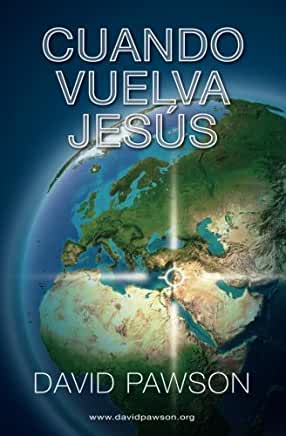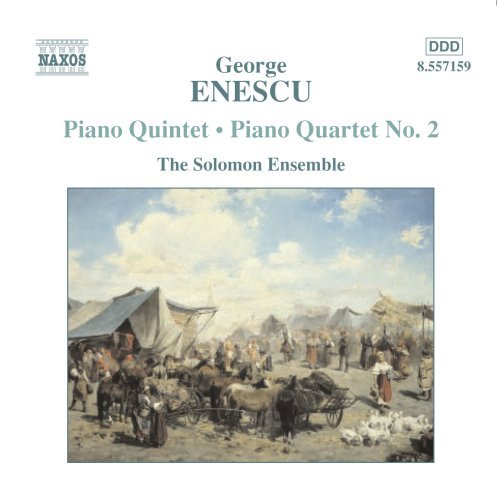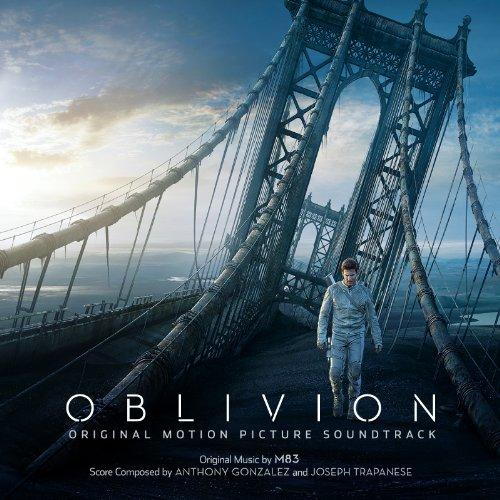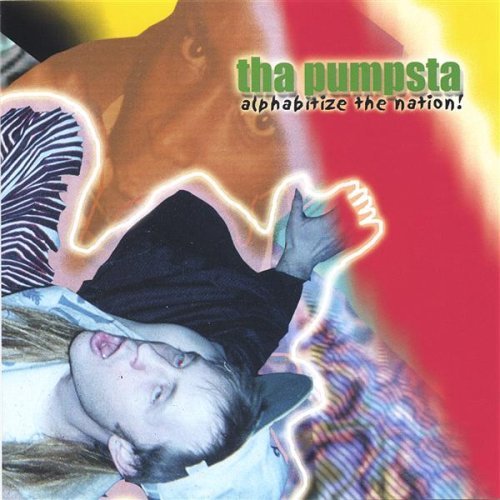
description
onograph by Wolfgang Smith deals explicitly with man's quest of immortality: with religion, that is, properly so called. As a Christian, moreover, who in his earlier life had identified with the Vedic tradition, he is well situated to speak knowledgeably of both.
Beginning with recollections of his early days amongst Hindu monks-living lives of almost unbelievable yogic attainment-he introduces the reader to the Vedic religion, which he goes on to contrast with the Judeo-Christian, not to exalt one above the other, but to explain the salient difference. Smith argues that the two religions lead to antipodal Ends: the Vedic to what he terms "the nirvānic option," in which "the human" does not survive, and the Christian to salvation, in which it does.
member goods
No member items were found under this heading.
listens & views
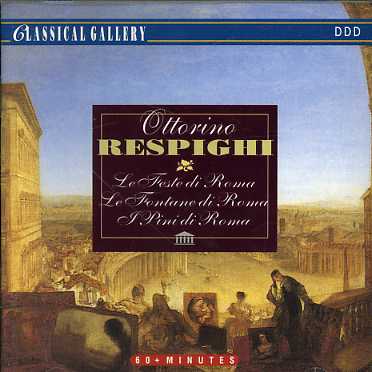
RESPIGHI: I PINI DI ROMA
by RESPIGHI / LENARD / BRATISLAVA RADIO SYM ORCH
COMPACT DISCout of stock
$8.49
Return Policy
All sales are final
Shipping
No special shipping considerations available.
Shipping fees determined at checkout.
